This survey finds that a majority of Americans have directly experienced some form of data theft or fraud, that a sizeable share of the public thinks that their personal data have become less secure in recent years, and that many lack confidence in various institutions to keep their personal data safe from misuse. In addition, many Americans are failing to follow digital security best practices in their own personal lives, and a substantial majority expects that major cyberattacks will be a fact of life in the future.
Research and publish the best content.
Get Started for FREE
Sign up with Facebook Sign up with X
I don't have a Facebook or a X account
Already have an account: Login
Get weekly or monthly digest of all posts in your inbox: https://fmcs.digital/wim-subscribe
Curated by
Farid Mheir
 Your new post is loading... Your new post is loading...

Marcin Golczak 's curator insight,
December 21, 2019 11:53 AM
Prywatność i bezpieczeństwo danych (Yahoo!, Evernote, a Rosja, patrzymy na Ciebie) obejmuje się jako wielki temat na nadchodzący rok, więc myślimy

Farid Mheir's curator insight,
September 14, 2013 12:02 PM
I've been following collusion addon since its inception and I use it on a regular basis to remember all the digital breadcrums I leave behind as I roam around on the Internet. This is an awakening video but unfortunately the collusion software fail to offer us paths to minimize what behavioural tracking - aside from blocking all ads. |

Curated by Farid Mheir
Get every post weekly in your inbox by registering here: http://fmcs.digital/newsletter-signup/
|




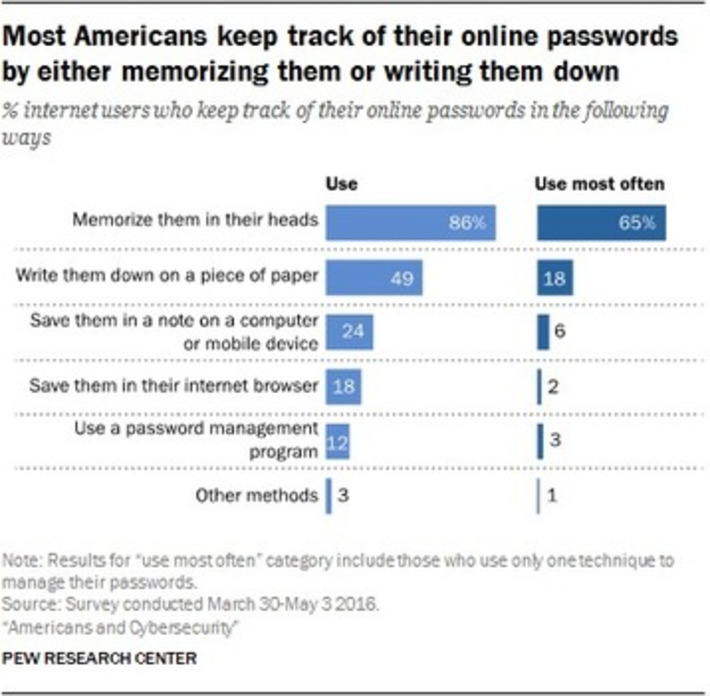


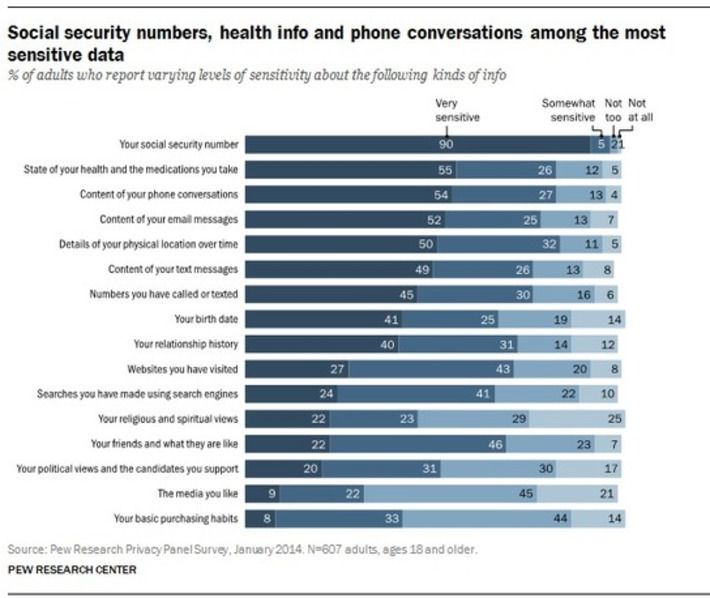
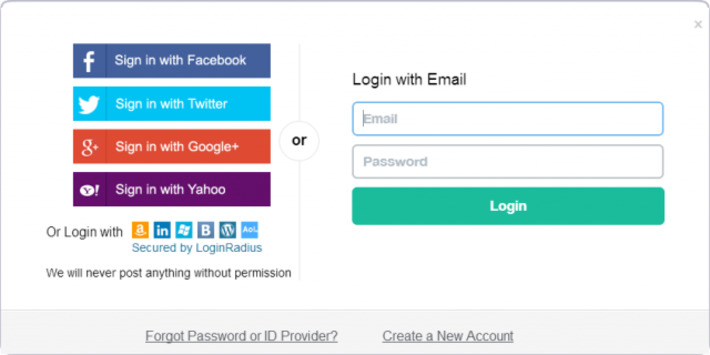


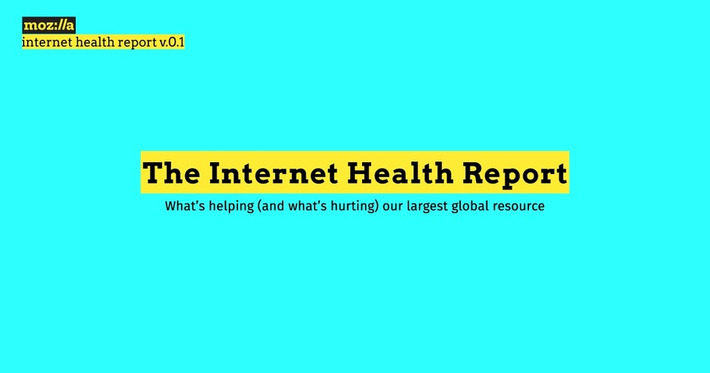
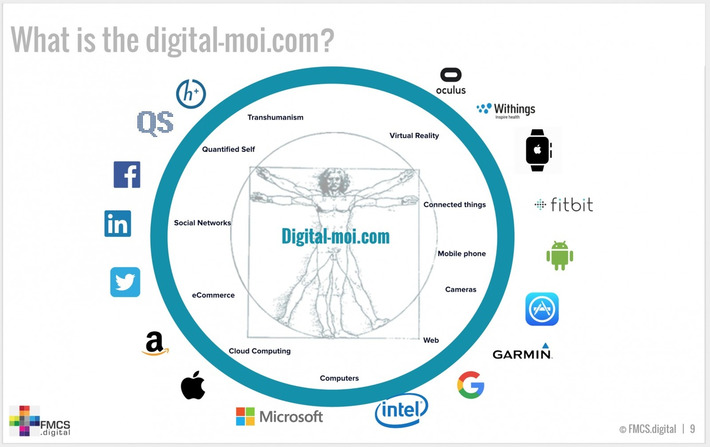
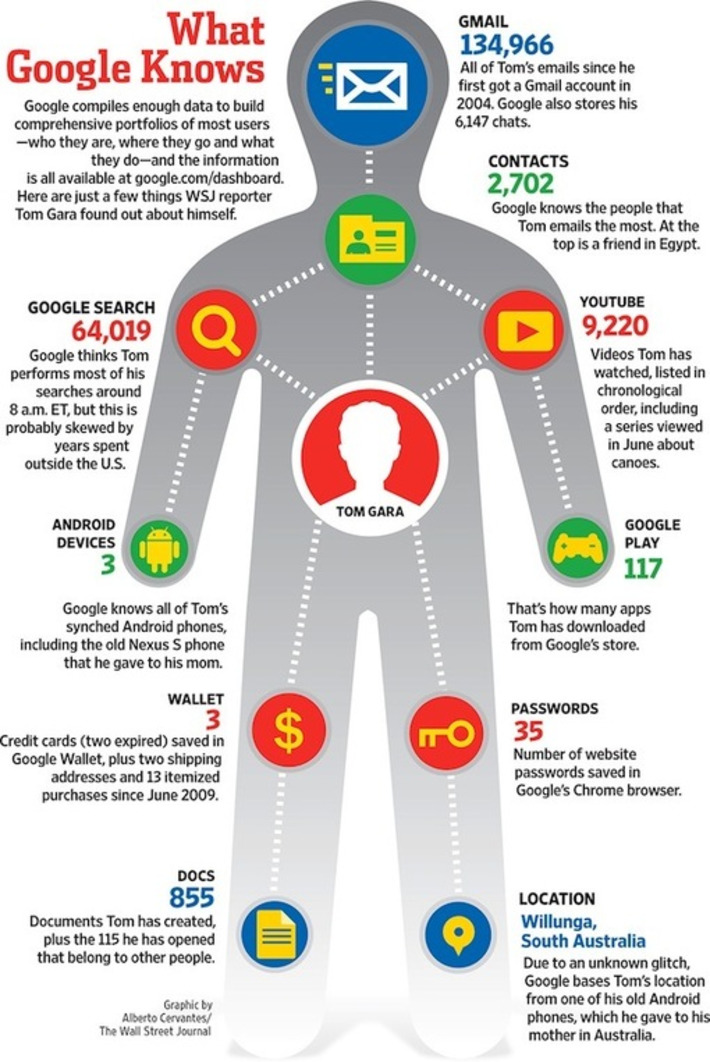











WHY THIS IS IMPORTANT
As I wrote recently in the "Pyramid of Digital Needs" (fmcs.digital/blog/pyramid-of-digital-needs/), security is one of the most basic needs. When we don't feel secure and private then it is difficult to enjoy the benefits of social networks and all the other tools that digital now provides. It is essential that corporations address security and privacy in a meaningful way in order for their clients, employees and partners to use their new digital tools and embrace the digital transformation that most enterprises have recently embarked on.
Also worth reading from Pew Research: